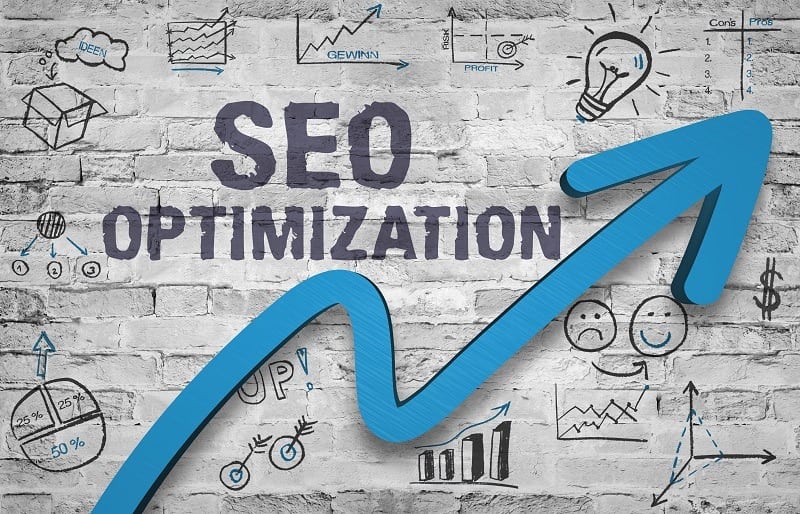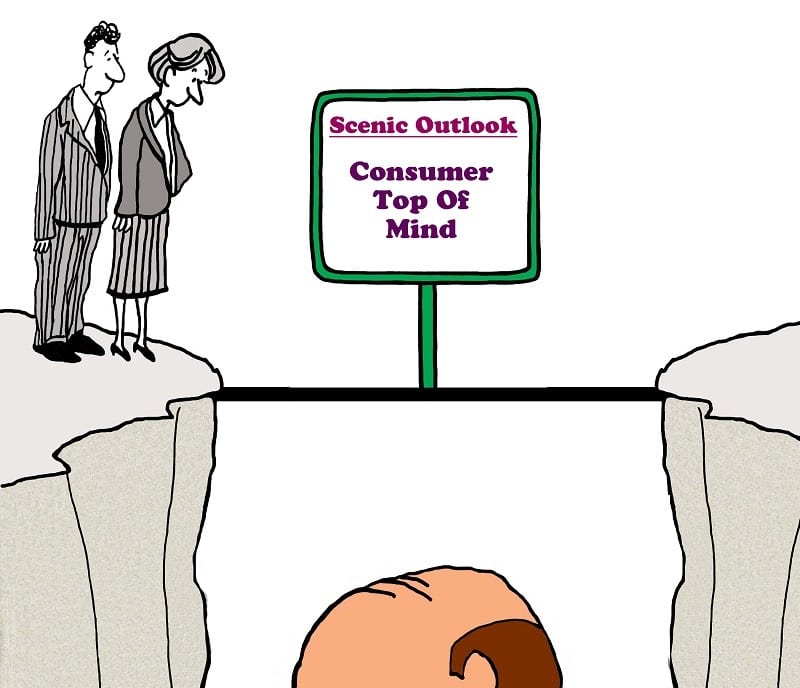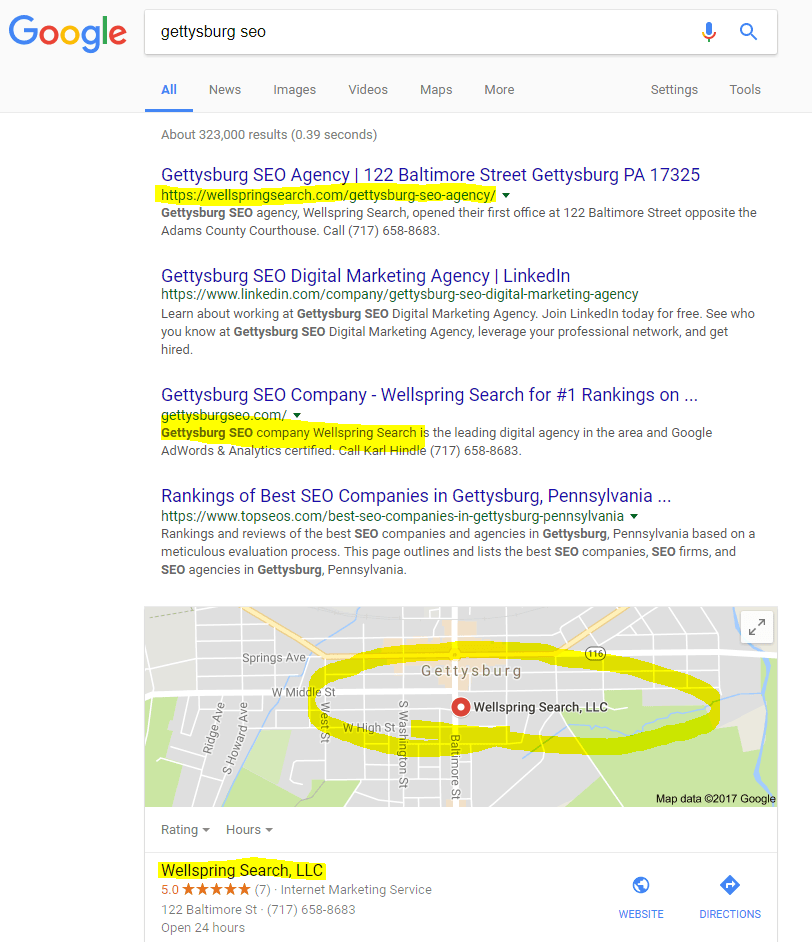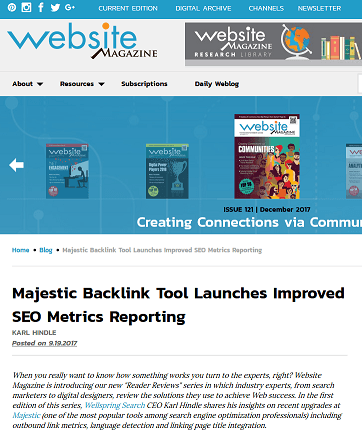As part of a marketing strategy, a great SEO company will help build your brand and improve customer experience, not just keyword rankings
There is a hint in the title that SEO is strategic: strategic implies more than a near-term time horizon, and White Hat SEO of any flavor is a vital element in any marketing strategy.
Local SEO, enterprise optimization, or anything in between, SEO value needs time to build and take effect. Once you have gained traction and started the “SEO tsunami”, optimization consistently delivers high-quality leads and inquiries which have high rates of conversion.

If you are an organization that has moved past the tactical and reactionary stage of “we need a lead, any lead, right now” and instead are looking at how you are building a long-term growth engine, then SEO is a powerful component to add to the marketing mix.
Companies in tactical mode, with a focus on generating leads by the end of next month or this week, need to look at other marketing efforts, such as paid search (PPC) or Social Media advertising for ROI. SEO is not a short-term marketing tactic and using it as such will distract you from getting what you want now.
The Obvious SEO Marketing Strategy Benefit: Growing Revenue and Profit
Search engine optimization is an exceptionally powerful revenue generator, and a lot of SEO practitioners and marketing agencies will look to make you focus on these obvious benefits, but this is only a part of the optimization story.
However, this is only the obvious part of the optimization story, and a mature marketing strategy will look to leverage full-value from every single component you utilize.
Aside from contributing to both top-line revenue growth and increasing bottom-line profitability, SEO adds further value in two other key marketing areas: building your brand, and improving User Experience (UX) which in turn improves Customer Experience (CX).

Building Your Brand
Building a brand is a powerful way to generate interest and loyalty in the minds of customers. Your brand lives in the minds of your target customers, and is how they automatically and emotionally see and feel about you in terms of the benefits you deliver.
As SEOs we look to build links from a multitude of other websites to fuel ranking improvement, not just for targeted keywords and phrases, but also for associated terms. We look to build a strong semantic core, that positions your website as an authority and trusted resource on the subject matter relevant to your product and service offerings. We do this for the benefit of search engines, to get you ranked for more and more terms, higher and higher in the search engine results.
We particularly value gaining links from high-value websites, which are in themselves authoritative not only in the eyes of the search engines, but also human users too.
For instance, Wellspring Digital recently had an article published in the digital marketing publication, Website Magazine, authored by our Managing Partner, Karl Hindle. This is an industry-leading publication, and the article created a high-value link to our own website which gave us a ranking boost for a variety of terms. An added bonus was we also received a substantial surge of human visitors too, but we also gained something even better:
The fact we were published in an industry leading publication also supports customer buy-in that we are truly SEO experts, and this is an integral part of the brand we are building.
Similarly, if you are a business in the automotive industry, gaining a link from Autoweek not only helps create authority in the eyes of Google and Bing, but helps you cement your brand-building efforts in the eyes of customers. A management consultant, being featured in Forbes, a software company CEO being quoted in Software Magazine, and so on and so on.
Not only does SEO help you build that brand through actively searching out opportunities to create these “brand signals”, we are also forced to think of just what our brand is in the minds of our target audience.
Another point to note is that your online market may be substantially different from your traditional market too, or your traditional brand may not migrate to digital in the way you think it might (or already has).

Remember: it is your customers who actually define your brand for you.
Your role (and ours) is to feed customers information, content, and actual experience (reviews/testimonials/personal experience) to form the idea in the minds of customers which eventually coalesces into this thing we call a ‘brand’.
Search engine optimization is a very powerful means to build brand value in the minds of customers, simply by virtue of how search engines work and how people use them.
Here’s a for instance: Wellspring Digital offers Local SEO and we have an office in Gettysburg PA.
Let’s open up Google and search for “Gettysburg SEO”:
So, for “Gettysburg SEO” we rank #1 for organic results in Google, followed by a #3 position in a supporting website which references “Wellspring Search”.
In addition, Wellspring Digital is placed on the Google Maps segment, and is #1 in the Maps listings.

Bravo our Local SEO team, but this is not about blowing our own trumpet here: the branding point is that when a search user sees our website and presence at #1 they have a tendency to think Wellspring Digital is a better SEO firm than those that rank below us.
In the minds of many search engine users (and remember that is where your brand lives – in the minds of customers) seeing a website at #1 is an explicit affirmation of quality and trust.
You are #1 in the search results, and therefore you are the best company to buy products or services from.
Building your SEO also helps in building your brand!

Improving the Focus on Real Customers and their User Experience
While we look to persuade search engines to rank a website highly in anticipation of generating more relevant traffic to your website and landing pages, and the best SEO firms take this a lot further and look at how to improve the User Experience (UX).
If we drive traffic to a website that is difficult to navigate, or it is unclear to the potential customer how they contact you or buy from you, then we need to start improving this to improve SEO. Bounce rates, time on site, content engagement, and many other user behaviors can be seen by search engines, especially Google which provides essential traffic tools, such as Google Analytics and Search Console, and this feeds into your ranking ability.
[Technical SEOs may take issue with me on whether these metrics have a direct impact on rankings, but it is undeniable that there is some form of impact stemming from such user metrics – a good discussion on website engagement metrics and their ranking impact this is found on the Moz blog]
If you have a very high bounce rate, this may not be bad because it depends on the bounce rates for your particularly niche. But, if your bounce rate is higher than it ought to be in your niche, this is a sign that real people are seeing you as not relevant for what they are searching for, and being relevant to human search users is a highly sought after SEO goal.
A good SEO company will always want to improve metrics such as this, and this leads into how people are interacting with your website and coming up with recommendations to improve UX.

This may include more prominently featured Calls To Action (CTA), better site hierarchy (grouping of related products and services in easy to find clusters), improving onsite content, load speeds, Mobile experience, and much more.
While SEO experts may look at this from search engine/ranking perspective, the obvious benefit of improving UX is that you are improving the process for human visitors to be converted into leads and sales, and this is a very early stage contributor to the overall Custoemr Experience (CX).
SEO improvement of site UX means you are making it easier to be contacted (a lead) or easier to buy from (a sale) – in either case, it’s a very valuable Win-Win which directly contributes to your overall Customer Experience (CX).
Adopt an SEO Marketing Strategy That Delivers More Than Rankings
Chasing high keyword rankings is a major part of what we do as optimization experts, but an effective marketing strategy will look to leverage SEO to do more than simply increase website traffic.
A great SEO company will seek to improve your brand and make it easier for customers to convert to leads and sales using improved UX and CX.
If search engine optimization is being used effectively as part of a wider-reaching marketing strategy, it cannot help but address issues such as how customers see your brand and what their customer experience is in practice.

Laura Pajaro is a content manager for Wellspring Search, a qualified PMP with an engineering background. Laura is also a self-confessed coffee addict, a native Spanish speaker, and she oversees our efforts for clients targeting Spanish-speaking markets around the world.

Laura Pajaro, thanks for sharing this type of informative contant
Great Post. Thanks for sharing your informative post. Is SEO Important for Every Business?
yeah, It’s very important nowadays for new businesses to do SEO.